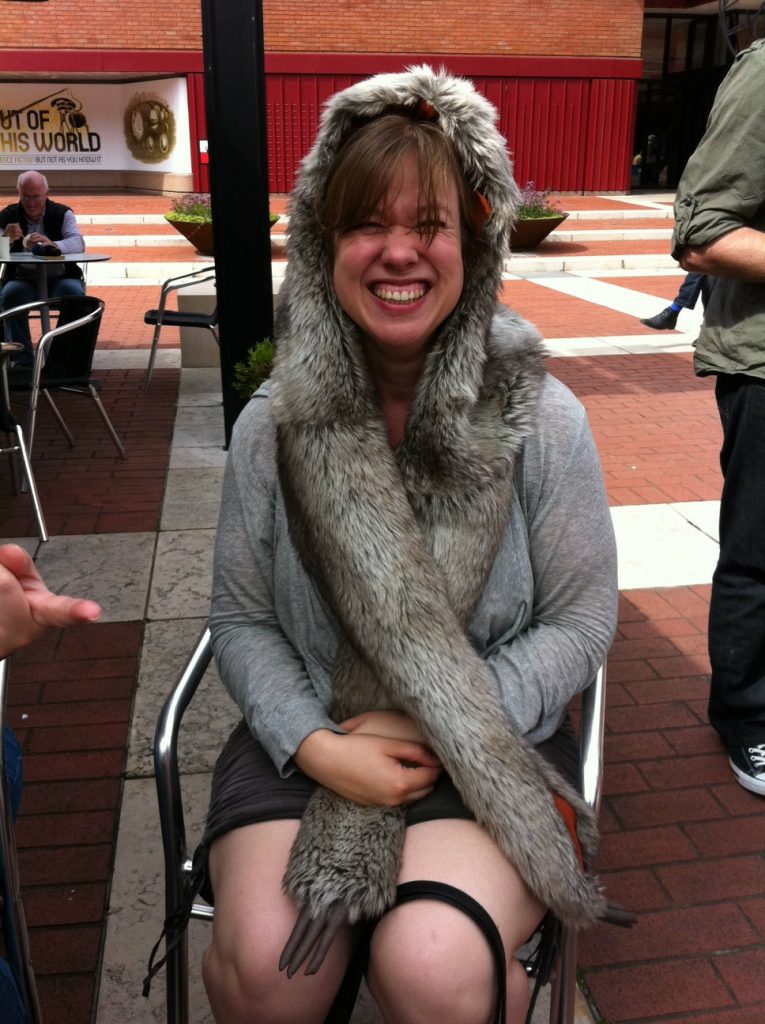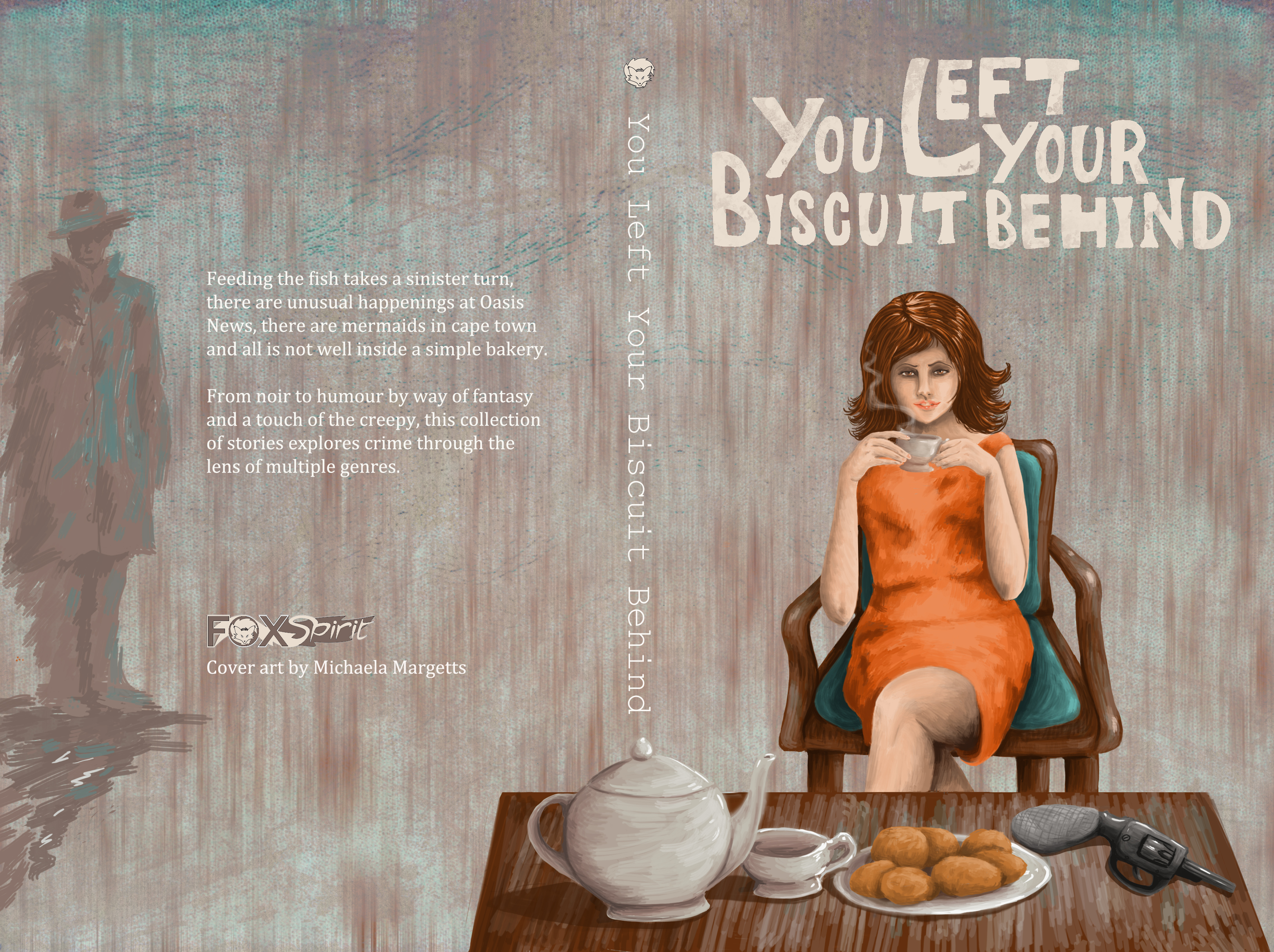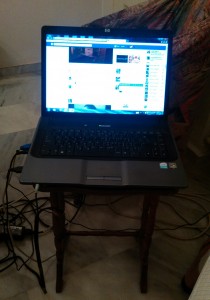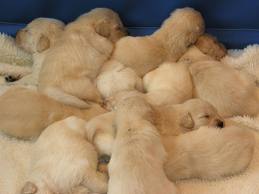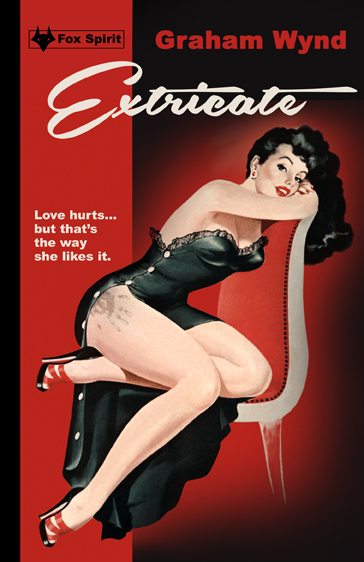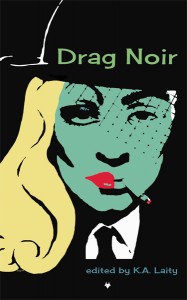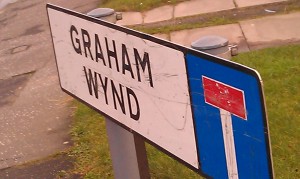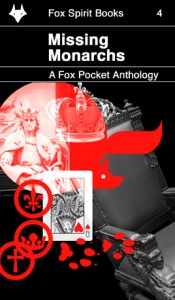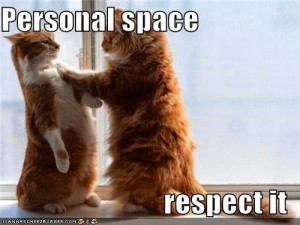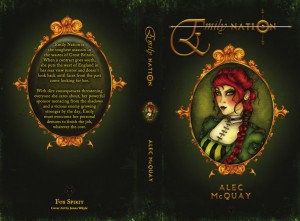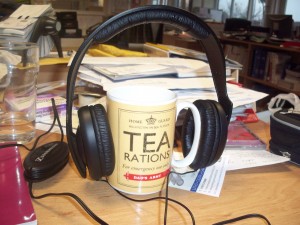If you’re one of the Skulk, the hearty band of Fox Spirit authors, there’s good news. The hard work of promotion is helped by being a member of the Skulk. We’re all in this together! The rising tide — and hey, it’s definitely rising! — associated with the AWARD-WINNING quality of Fox Spirit Books helps every one of us. But it’s not the be all and end all.
YOU NEED TO PROMOTE YOUR BOOK.
Look around you. Small presses are closing their doors in frightening numbers. Why? The very best of small presses are all living on a short margin. Fox Spirit Books is held together by the sheer determination of Adele and a handful of intrepid folk who work well below cost (we have ridiculously talented editors and artists). When they put together a book, it’s because they believe in its quality.
Your job is not done when you hand in the manuscript: it’s just begun. You could have the best book in the world, that’s ever been written, that will make the planets align, feed the hungry, end all wars, or even one that could make the world finally join hands, sing hallelujah and bring peace on earth, but it won’t happen if nobody knows about it.
Fox Spirit will feature it on the website, Facebook and Twitter. Adele usually makes the effort to pull out interesting extracts to tempt readers. THAT IS NOT ENOUGH.
- At the very least you need to retweet/share all the things that Fox Spirit does on your social media platforms. It doesn’t have to be all at once: stagger them throughout the day. Not just on your release day, but afterward continue to follow up.
- Follow the other Fox Spirit skulk members. We are mighty. We generally retweet other skulk members’ stuff when we see it. Include @foxspiritbooks in your tweet in some way like ‘Wow, my awesome book has just come out from @foxspiritbooks #fantasy that includes capybaras!’ If you’re in a collection, tag the other folks you know who are in it. You’re not on your own: you’re SKULK! Rahr! Be proud.
- Be creative: don’t just tweet out boring ‘here’s my book, buy it!’ Has that ever worked with anyone? No! What made you interested enough in this story to write it? Do you just think ‘Capybaras are awesome!’ There are bound to be other people who think so, too. Find communities who will be interested in what you’ve written. Maybe you already belong to a group that shares your interest. Let them know! Join in a bigger event: there are all kinds of hashtag topics that occur weekly — for instance, I write a lot of folklore & fairytale stories, so I am an enthusiastic participant in #FolkloreThursday. Find your people.
- Blog: the death of the blog, much like the death of the novel, has often been suggested to no avail. Blog on your own site (you do have a website, right? if not what are you waiting for?) but also consider other places that could use your expertise — including the Fox Spirit blog. Got a topic for one of our features: Monday Methods, Five for Friday, What I Learned from Cult TV? Let Adele know. There are oodles of genre blogs out there, many of them happy to take outside content that fits the interest of their readers. Think bigger than yourself: community is what it’s all about.
- Offline and local: bookstores can be tough for small press. They only generally buy from distributors. Some local independent stores carry local authors. Get in touch and find out. Send out press releases to local radio and television emphasising the local author angle or something newsworthy. Glom onto a popular topic in the news (‘Are Capybaras More Popular than Cats on the Internet?’). Don’t overlook your local library: many love to draw on local authors for talks on popular topics or how-to talks. Writer organisations in your area can also be something to look into both for promotion and for sharing experiences.
Writing is a career. You don’t just do it for a day. Everybody talks about ‘branding’ these days: all that means is letting people know who you are and what you write. Let your personality shine through: don’t think of it as ‘selling’ (which is hard for some people) or just promotion, but communicating.
Just remember: your book’s success reflects the effort you put into it. Don’t go to the trouble of writing a book only to let it languish in the shadows. Step out into the spotlight and let the world see your work!
And make Adele happy!
